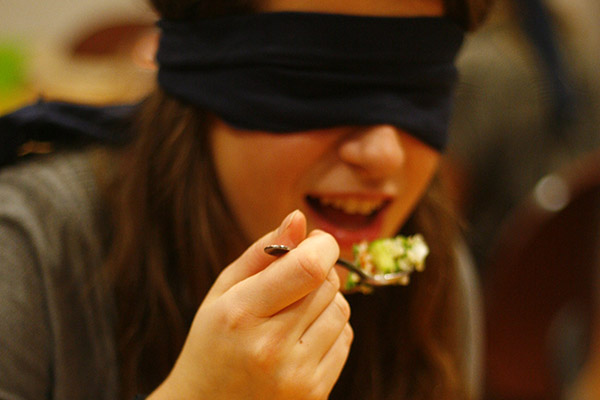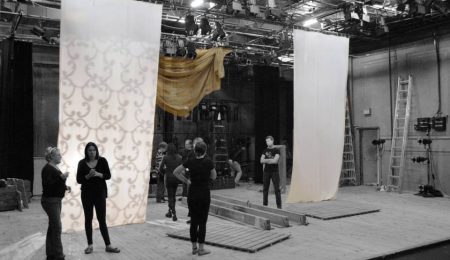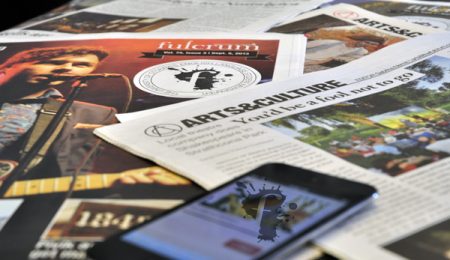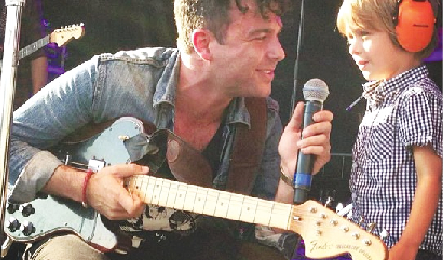Dinner in the Dark gives insight into life with visual impairment
Photo by Tina Wallace
Imagine spending two hours dining in pitch black, unable to see your glass, your fork, or even the person sitting next to you. This is what I had the chance to try on Nov. 18 when the Centre for Students with Disabilities hosted the 10th edition of its annual Dinner in the Dark as part of Disability Awareness Week.
The event was created to help raise awareness about the day-to-day experiences of disabled people. A three-course meal was served while two guest speakers entertained the participants with tales about living with disabilities.
It was a challenge from start to finish. Before stepping into the dining room in Desmarais, each participant was blindfolded with a black scarf. We were escorted by a volunteer to our seats, trying not to stumble over chairs and trusting this person who told us to go right or left when we felt like we were going to go headfirst into the wall.
Pulling back my chair, pouring soda into my glass without being able to judge where the cup was, groping for my cutlery on the table while trying not to put my hand in my neighbour’s plate—these are all things I normally do mechanically, without thinking about them. Take away my eyesight and it’s suddenly a whole other level.
It’s incredible to realize how heavily we rely on visual cues. We’re so used to judging someone on how they dress, how they stand, and their body size, but when you can’t see, you start paying more attention to what someone says rather than how they look or act.
People who are visually impaired develop their other senses to compensate. Kim Kilpatrick, one of the speakers, told us how she can feel the sidewalk sloping down at intersections, how she remembers the feel of the doors at certain shops, and how she smells the air to identify what restaurant she just walked in to.
This makes me wonder how much of life I actually take in. We cruise through every day, eyes down on our phones to send a quick text before class, and we sometimes pay less attention to our surroundings.
Visually impaired people are so much more aware of everything that goes on around them. They notice sounds, smells, and textures.
With my eyes closed, I could concentrate much more on my other senses. I had to taste the food to figure out what it was and to really notice every flavour. I listened to a conversation that I thought was happening over my shoulder, but when I mentioned it to a friend, she told me she could barely hear it and the people were actually a few tables away.
The event reminded me to be grateful for what I have, because while I could remove the bandana at the end of the night, visually impaired people don’t have that option. It was only a brief glimpse into their world, but it taught me so much. It was, as they say, an eye-opening experience.





